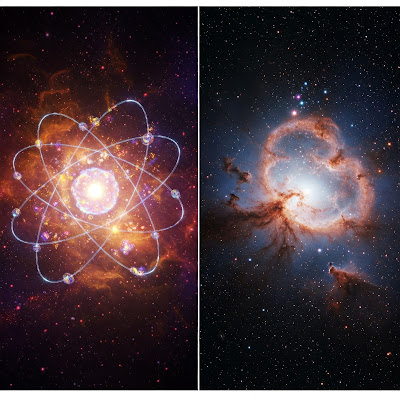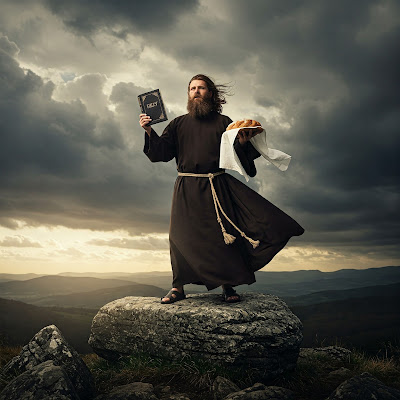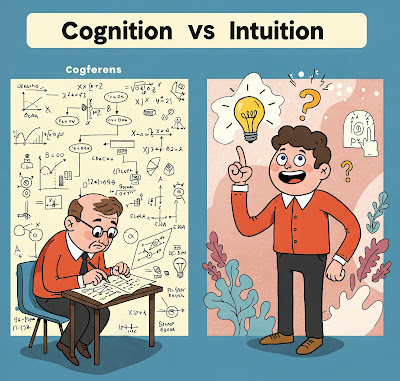Science, for all its emphasis on the objective and the empirical, struggles to answer the fundamental questions about the nature of reality. If 100 years ago, physicists believed they were just several months and a couple of equations away from literally knowing everything, the intervening century had introduced more and more doubt. Today, competing theories regarding the beginning and the end of the Universe differ wildly (before the 1920s, an eternally static universe was generally assumed).
Any theory that envisages a start-point (once, there was absolutely nothing, and in the far future, there will again be absolutely nothing) should introduce a first-cause that kicked everything off, and some interpretation of the eternal oblivion that will follow. Cyclical theories fudge this question by suggesting that there was never a 'nothing' and the next 'something' will arise from the end of the current 'something'.
Now – let's work with the notion of some overarching Big 'C' Consciousness that's behind, outside of and yet within all of Creation – a purpose, a teleology, a destination, a reason. Big 'C' Consciousness willed the Universe into existence, giving it its laws and its direction. [Physicalists would deny this, saying there's no need for such a construct. But then neither their position nor mine is falsifiable; thus both camps are resting their worldviews on belief.]
I see it this way: small 'c' consciousness evolves from the bottom all the way up, with the intention of a final merging into Big 'C' Consciousness. Atoms are aware of their existence; but have they will? Quantum mechanics does not negate that. A big step up in the evolution of consciousness was abiogenesis – that mysterious leap from non-life to life. A further big step up was the emergence of sentient life, we humans, capable of meta-consciousness – conscious of being conscious.
But – what's next? Beings that are increasingly angelic? Living in a higher level of consciousness still?
Below: Imagen 3.0, asked to illustrate biological and spiritual evolution. Prophetic? Or a distillation of a billion online images?
I believe that our consciousness shall pass through a myriad of containers, each evolving, learning, observing, rising in understanding, improving ethically, before finally uniting as one in the One.
At the End of Time, or sooner? Religions seem to be in a bit of hurry to reach that end point. Eternal bliss in Heaven after one biological life reasonably well lived. Or after a handful of reincarnations. To me, that's too simple. An admission ticket too cheaply priced. We have imperfections to iron out; improvement comes slowly. One life at a time.
And how does it all end? And where – on this planet, on some other star system? In this galaxy, or some distant one?And for how long does that end state – that Omega Point – last? I feel as knowledgeable as a cat trying to understand electricity. But the questions need to be asked, and discussed. Hypothesis – thesis – antithesis – synthesis.
Lent 2024: Day 27
Personality and Belief
Lent 2023, Day 27
Being Positive is more than just being Optimistic
Lent 2022: Day 27
God and Nationalism
Lent 2021: Day 27
Consciousness in other creatures
Lent 2020: Day 27
The Physical and the Metaphysical




.jpg)













.png)






